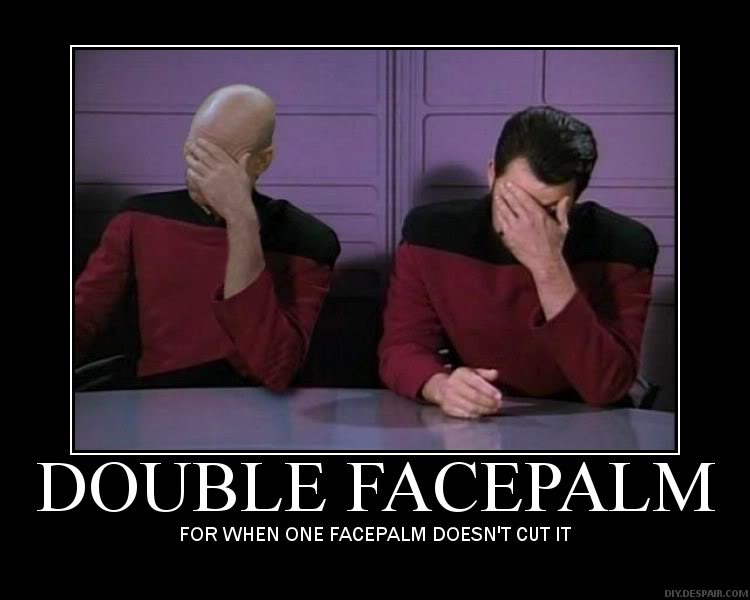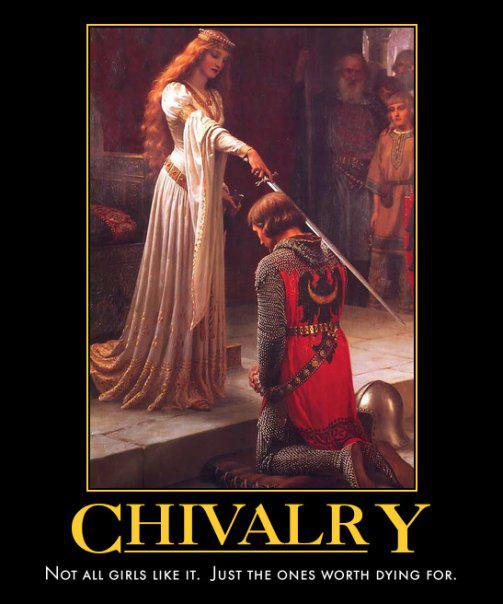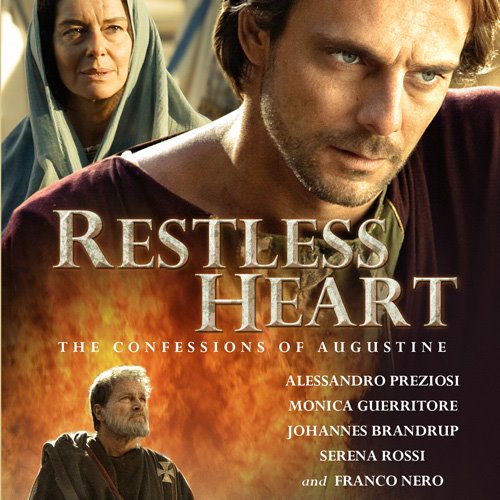Double Face Palm

"We are travellers…not yet in our native land" – St. Augustine


A friend of mine recently told me about a conversation she had with her friend who considered himself a follower of Jesus, but who also held to the popular Dan Brown myth that one also often hears from Jehovah Witnesses and Muslims, that the divinity of Christ was something invented by the Emperor Constantine at the Council of Nicaea.

Don’t trust murdering albino monks when it comes to theology…
I promised my friend that I would put together a post to demonstrate the Divinity of Christ from both Sacred Scripture and Early Church history, so here it is…
A Tunisian man was recently martyred for converting from Islam to Christianity. As hard as it is to believe, video of his death was broadcast on Egyptian TV:
The footage shows a young man being held down by masked men with a knife to his throat. One man chants a number of Muslim prayers in Arabic, mostly condemning Christianity. The man holding the knife to the Christian convert’s throat begins to cut, slowly severing the head amid cries of “Allahu Akbar” (“god is great”). – GodReports

Allah says: “Let there be no compulsion in religion…”
– The Qu’ran, Surah al-Baqarah: 256
May he rest in peace. Please pray for that man and for all those in the area under persecution.
Then [Jesus] called the crowd to him along with his disciples and said: “Whoever wants to be my disciple must deny themselves and take up their cross and follow me. For whoever wants to save their life will lose it, but whoever loses their life for me and for the gospel will save it. What good is it for someone to gain the whole world, yet forfeit their soul? – Mark 8:34-36
 This morning while I was having my much-needed coffee, I watched the following homily. It’s a tough, uncompromising comparison between the movie Magic Mike and the message of the Gospel concerning the dignity of the human person:
This morning while I was having my much-needed coffee, I watched the following homily. It’s a tough, uncompromising comparison between the movie Magic Mike and the message of the Gospel concerning the dignity of the human person:
“The opposite of love is use” – Pope John Paul II
(Thanks to Fear Not Little Flock for this)
 The life of St. Augustine is being turned into a movie! They’d better not mess this up…
The life of St. Augustine is being turned into a movie! They’d better not mess this up…
In our Lectionary this week we learn about the calling of the Prophet Amos, a regular blue-collar worker who was called by God to be a prophet to the Northern Kingdom of Israel, away from his home in the Kingdom of Judah.
The notion of a “calling” is also found in our Second Reading. St. Paul says “In [Christ] we were also chosen, destined in accord with the purpose of the One who accomplishes all things”. In our baptism we too have been chosen and sent out as prophets into the world, to preach a life-giving message which is so often received with nothing but hostility.
Finally, in our Gospel Reading, Jesus sends out His Twelve Apostles to preach and to heal, to advance the Kingdom of Heaven.
A man of prayer is capable of everything. Hence it is very important that missioners dedicate themselves to this practice with great affection, because without it they will accomplish little or nothing, whereas through it, more than by letters or persuasive speech, they will be capable of touching hearts and winning souls to their Creator. -St. Vincent de Paul
Our Lord instructs the Apostles to “travel light”, taking only the simplest of supplies and to trust in the providence of God. Good advice for us all…